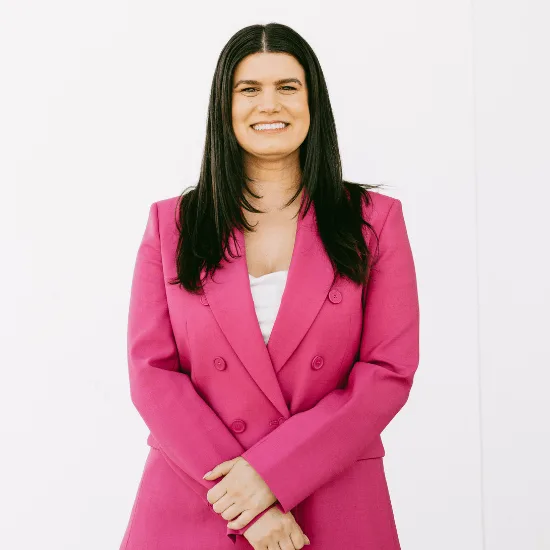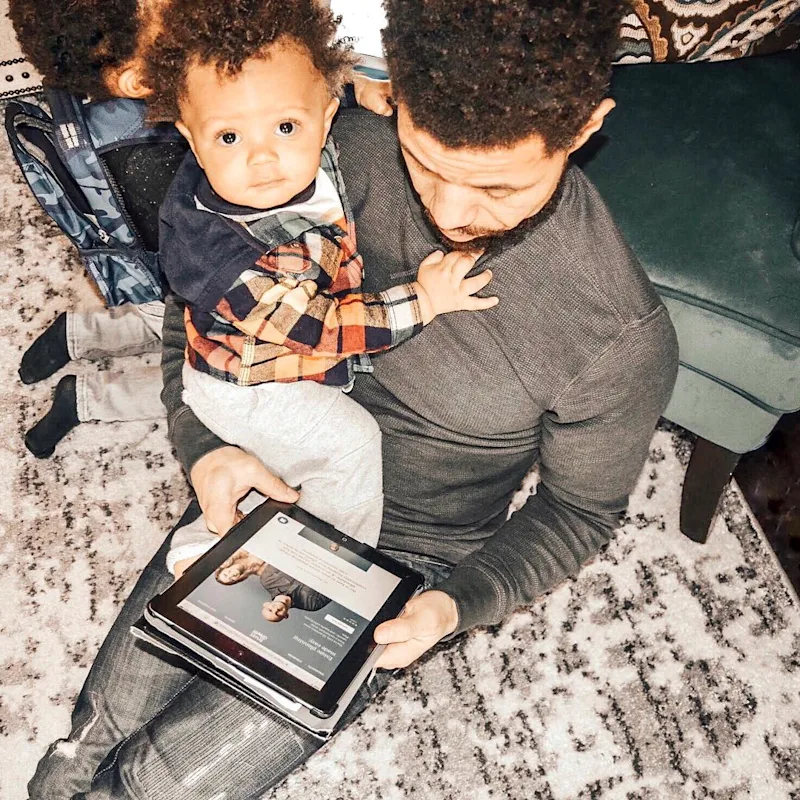
Writing My Will at 34: What They Don't Tell You About End-of-Life Planning Without Kids or a Spouse
Creating a will as a single, child-free adult isn’t talked about enough. At 34, I learned firsthand how emotional, clarifying, and empowering the process can be—especially when life takes an unexpected turn.
I was so proud of myself for being on top of things. My boyfriend and I had moved in together, and I thought now was the right time for me to write a will: 34, divorced, two dead parents…I knew how life could go wrong, and I wanted to be as thoughtful as I could about my belongings and my medical care.
I spent time with a wonderful estate attorney, filled in all kinds of Q&As, and thought about what I’d want to happen next if something awful happened to me. Down to my brother (in Canada) and my boyfriend (local) both being able to make emergency medical decisions on my behalf if I were ever incapacitated.
My will was signed, sealed, and certified—all officially around a fancy lawyer table. I felt *very* grown up, and very prepared.
And then? A month later I was back at that same table, re-signing. Want to know why? Because that boyfriend and I unexpectedly broke up. (Yeah, really.)
But here's what I learned from writing (and rewriting) my will as an un-married woman with no kids in my thirties: The process reveals so much more than just who gets your stuff when you die. It forces you to confront what it could actually mean if your life doesn't follow a traditional template—which, I guess my life never really has, anyway!
What Society Assumes About Wills
Most estate planning that you think of is built around 1950s nuclear family structures. Spouse gets everything. Kids are backup beneficiaries. Parents are the safety net. The forms practically fill themselves out.
But what happens when your most important relationships aren't legally recognized? When your chosen family matters to you in a different way than your biological one? When your closest person is your best friend from college, not your partner of six months?
The legal system doesn't have neat boxes for "the friend who knows all my passwords," or "the person I'd trust with my dog," or "the only one who understands my specific taste in handbags."
The Grief You Don't Expect
Writing a will can bring up a specific kind of grief that no one warns you about. It's confronting the ways your life diverges from what you thought it would look like by now.
You might find yourself grieving:
The spouse who isn't there to automatically inherit everything and make this all so much simpler
The kids who don't exist to carry on your legacy
The other traditional family structures that would make these decisions obvious
The realization that your most meaningful relationships might not "count" legally
The weight of making these decisions entirely alone
And then there’s me: the weird grief of updating it after a breakup. Suddenly, the person you thought might be your emergency contact forever is...not. The future you were planning together is...not happening. And you're back to square one, except now with the added sting of recent loss. It wasn’t fun, let me tell you.
What Actually Matters When You're Writing Your Will
Here's what I discovered: Writing a will without kids or a spouse forces you to get really clear about what actually matters to you. Not what's supposed to matter, but what genuinely does.
Your Chosen Family Gets Explicit Recognition: I wrote my friends directly into my will – not just as beneficiaries, but with specific instructions. I got down to which two of my most trusted and fashionable best friends would be responsible for going through all my clothing and jewelry to determine what goes where.
Your Weird Specific Wishes Get Honored: Maybe you want your record collection to go to the friend who introduced you to vinyl. Maybe your grandmother's jewelry should go to your chosen sister, not your biological one. Your will is where you get to say exactly what you mean.
Your Digital Life Gets Handled: Someone needs your Netflix password. Your Instagram memories. That Google Photos account with eight years of pictures. When you don't have a spouse to naturally inherit digital access, you have to be intentional about it.
Your Pets Get Real Protection: Not just "someone will take care of Daisy," but actual financial planning for their care, specific instructions about their needs, and backup plans if your first choice can't follow through.
What I Wish Someone Had Told Me
It's okay to take your time: You don't have to figure out your entire legacy in one sitting. Start with the basics and add specificity as you go.
Your reasons don't need to make sense to anyone else: Want to leave your ex-boyfriend's sister something because she was kind to you during the breakup? Valid. Want to skip over family members who haven't shown up for you? Also valid. (You can always change your mind later— see below.)
Update it as your life changes: Relationships shift. New people become important. Some people become less important. Your will should reflect your actual life, not who you think should matter.
Is it morbid, or is it loving? You're making these decisions so the people you care about don't have to guess what you would have wanted.
Writing my will—and then rewriting it—taught me something I didn't expect: It clarified what I value most. Not just my possessions, but my relationships. Not just who I want to take care of my stuff, but who has actually taken care of me.
It forced me to think about “legacy” differently. My legacy isn't just going to live through children I don't have or a spouse waiting to woo me. It lives through the friends who know which designer purses are fake and which were my mom’s. It’s through my brother and our tiny, non traditional family.
Whether you're 24 or 44 or 64, single or coupled, with kids or without, your life deserves the same thoughtful end-of-life planning as anyone else's. Your chosen family deserves recognition. Your weird specific wishes deserve to be honored.
And if you have to rewrite it after an unexpected breakup? Well, at least you'll have a story to tell on a blog someday.
About the Author:
Rebecca Feinglos is a certified grief support specialist, founder of Grieve Leave, and host of the Grief’d Up podcast. After losing her mother as a teen, her father in 2020, and navigating a divorce, she took a grief sabbatical, and Grieve Leave was born. The platform now reaches millions, offering real tools, humor, and honest conversation to help people take intentional time to grieve. Rebecca previously worked as a policy advisor in state and local government, and began her career as a bilingual educator. She holds degrees from Duke University and the University of Chicago, and her voice has been featured in TIME, LA Times, ELLE, and more. She splits her time between North Carolina and Montreal with her dogs, Daisy Duke and Ralphie.
Last updated: November 26, 2025




